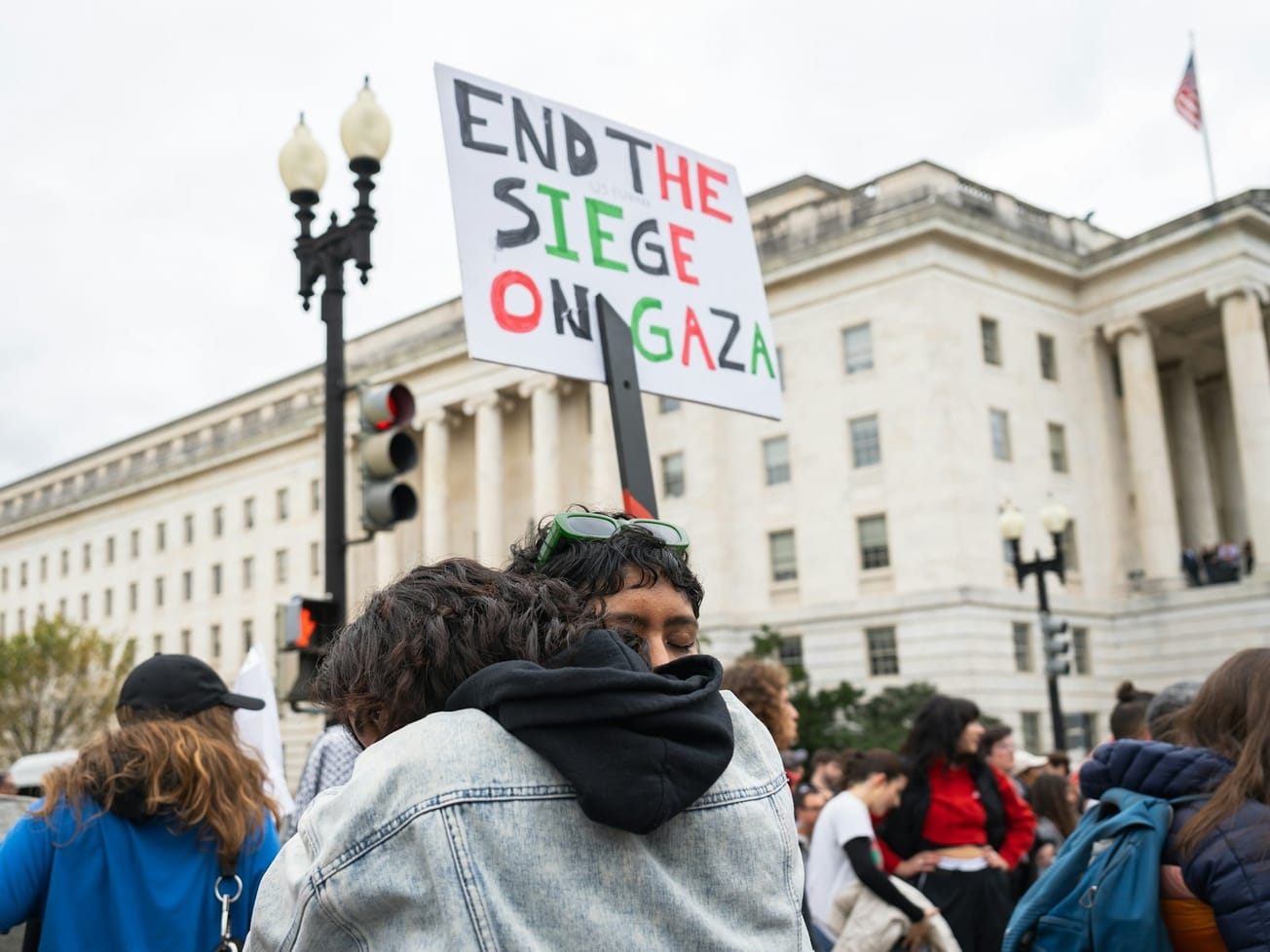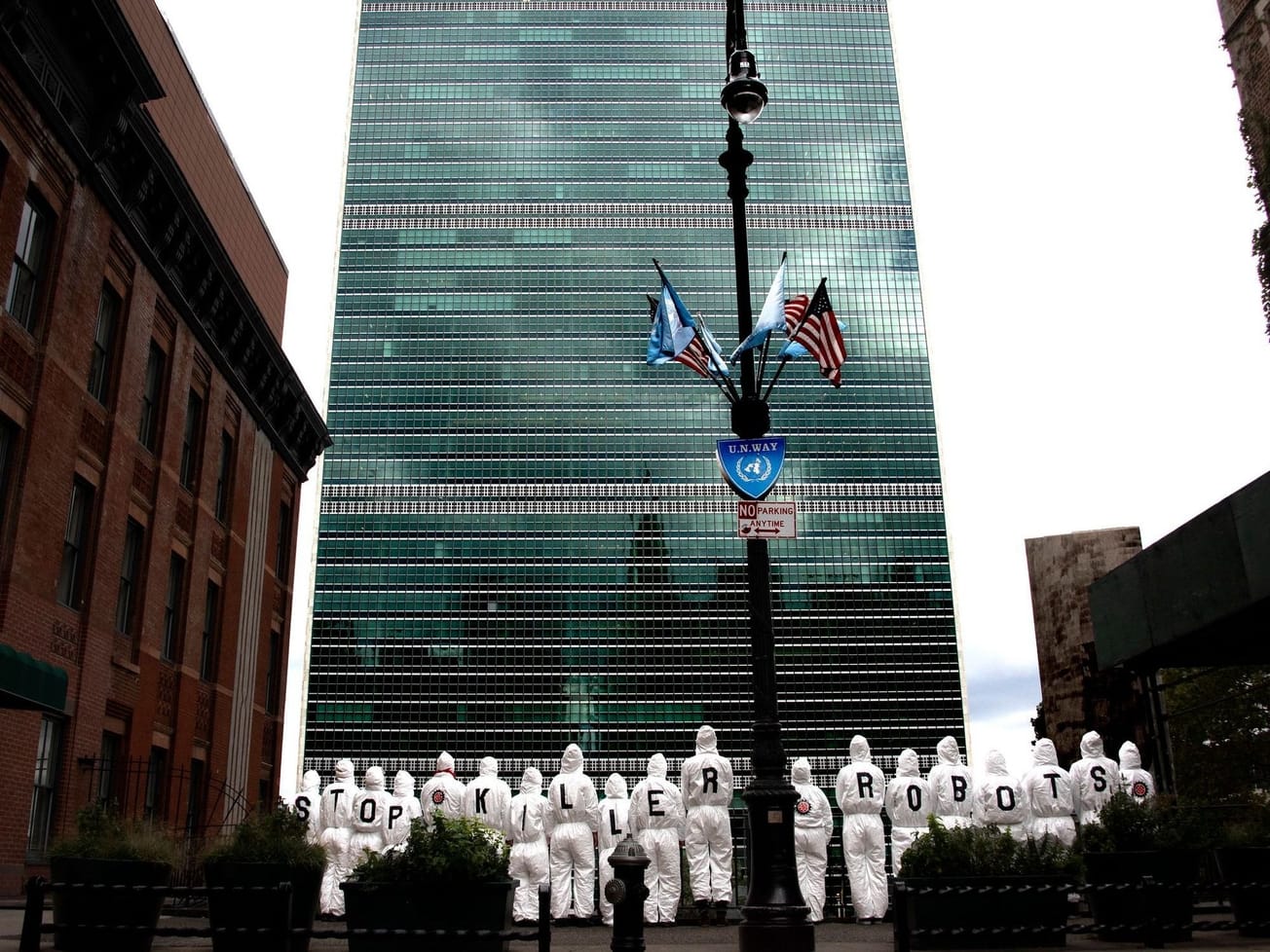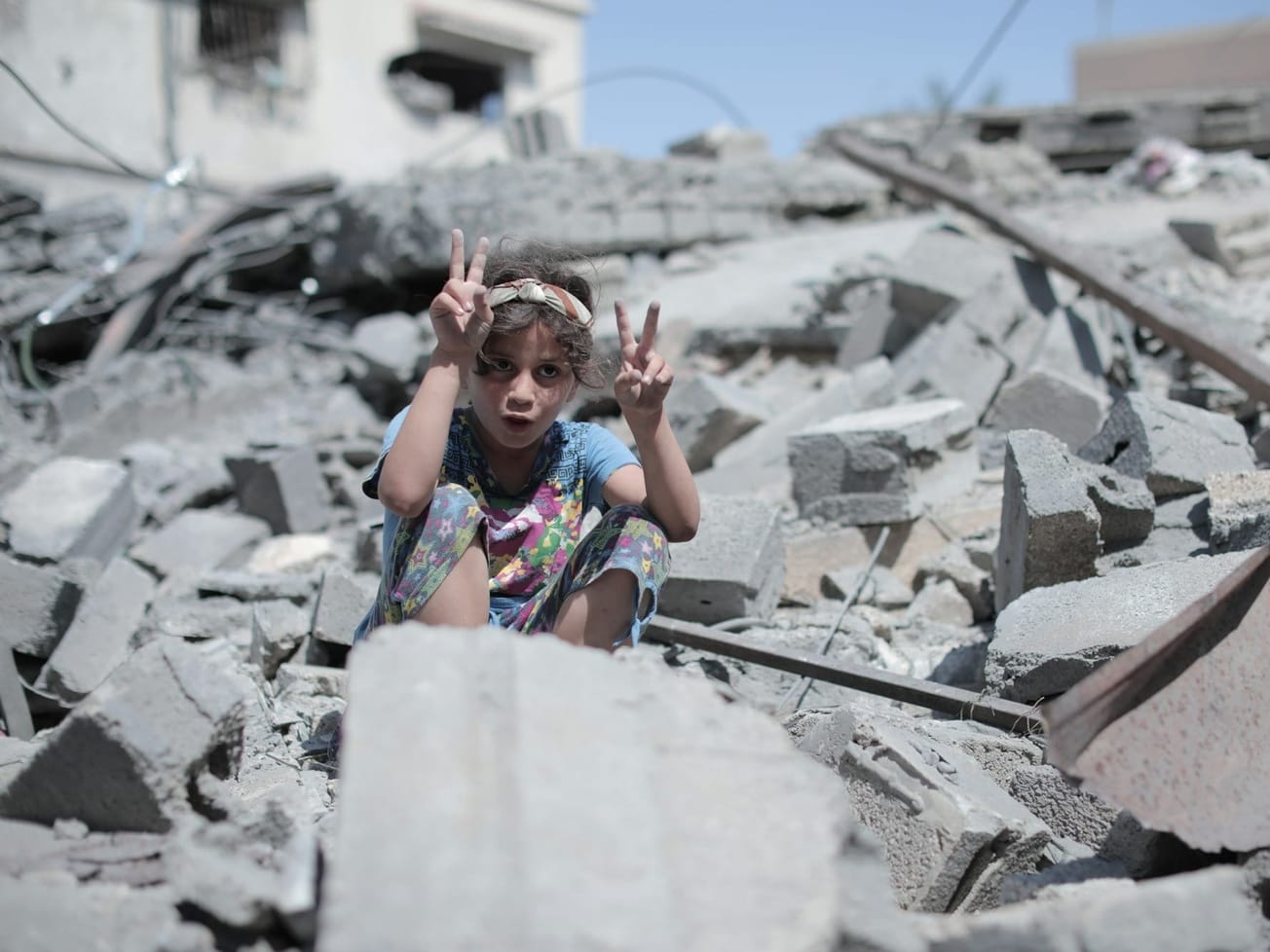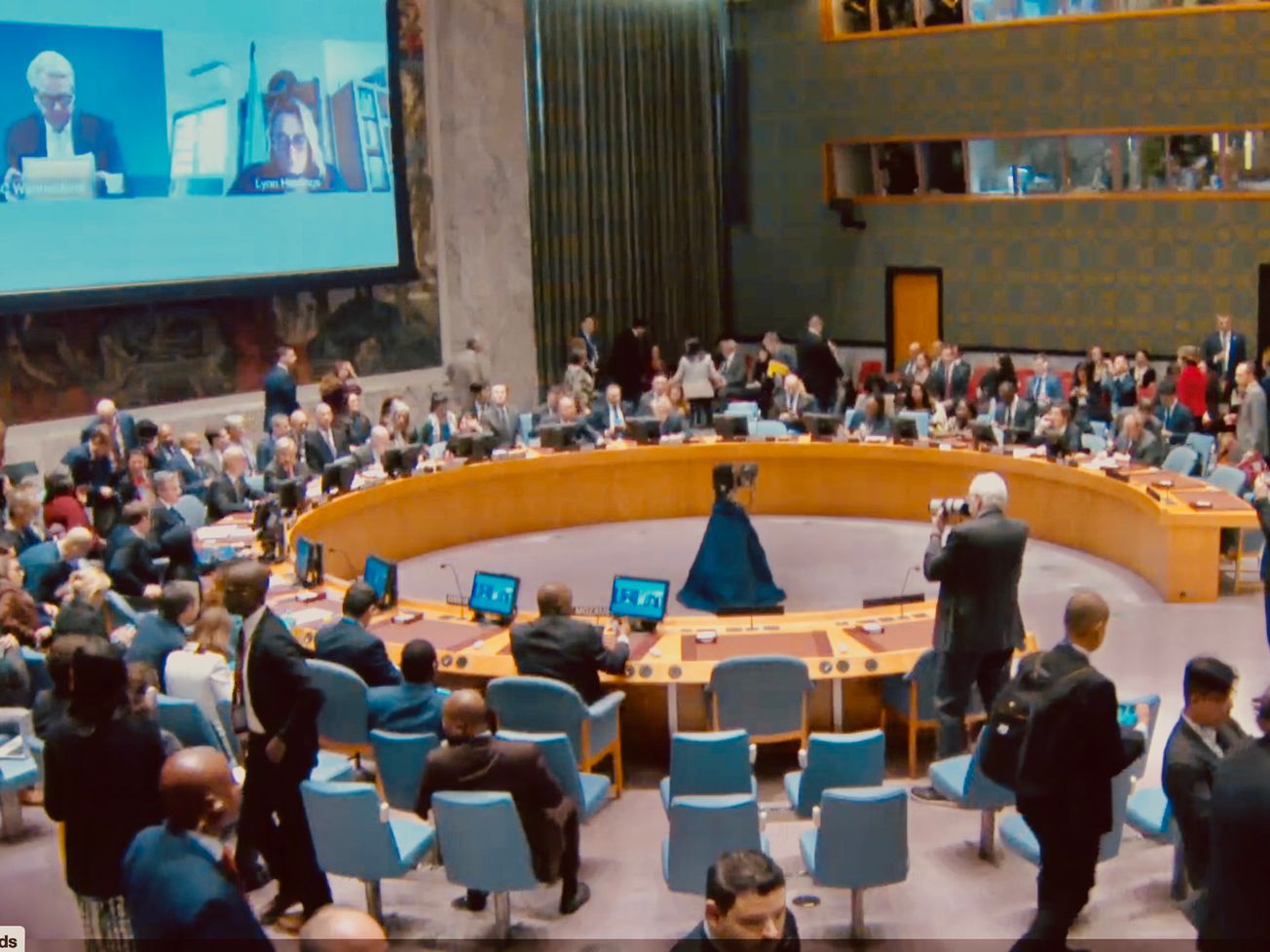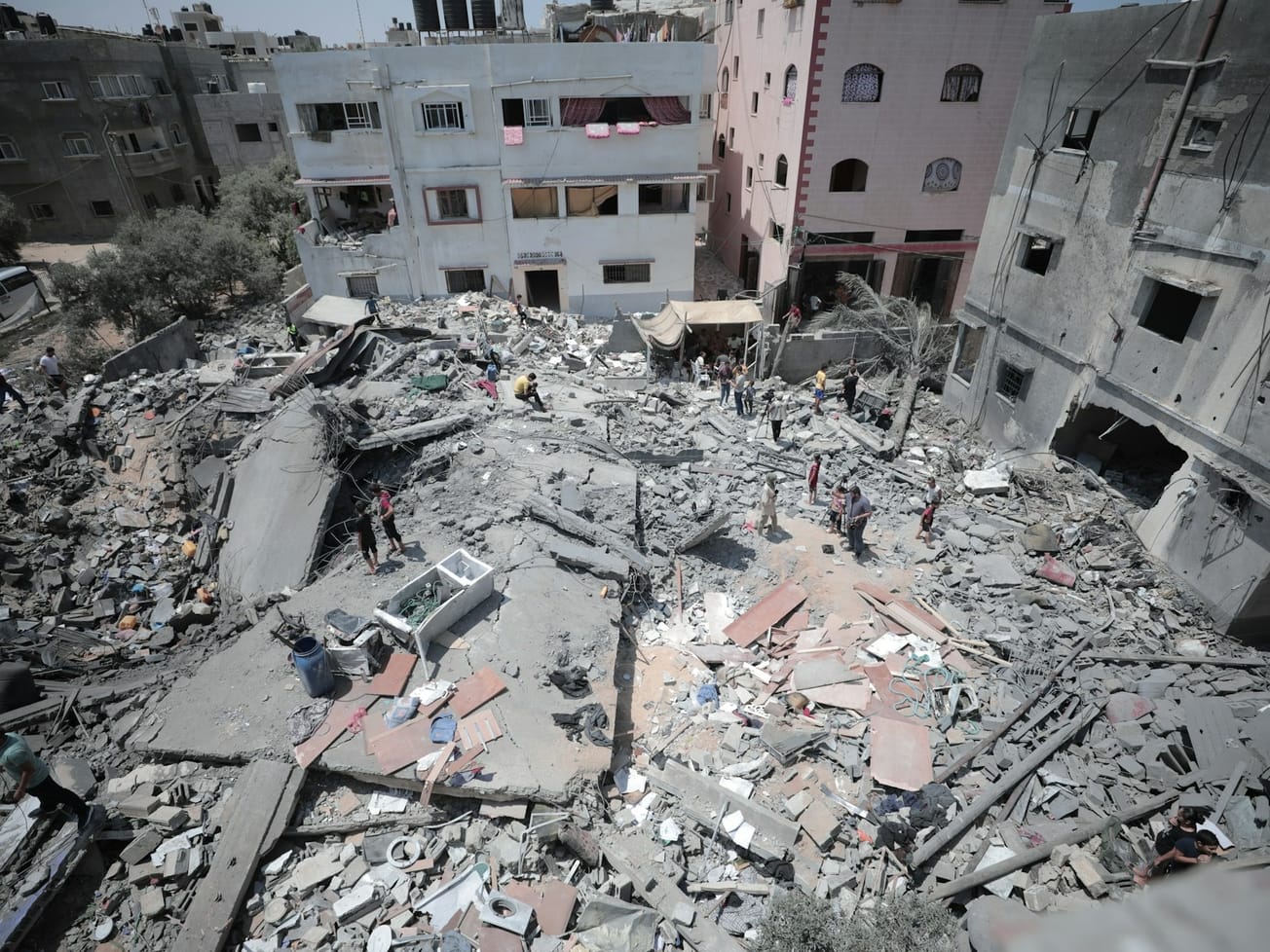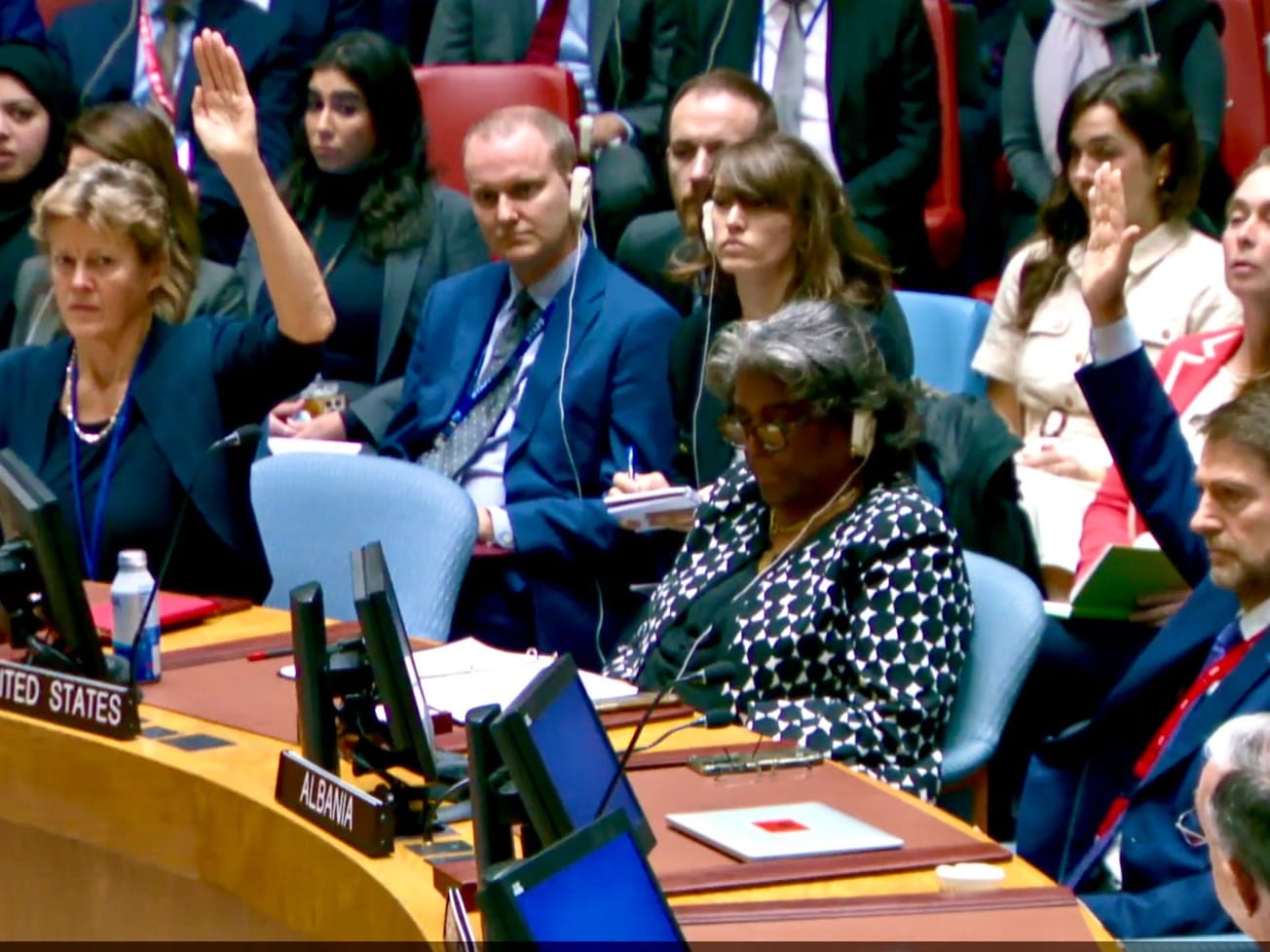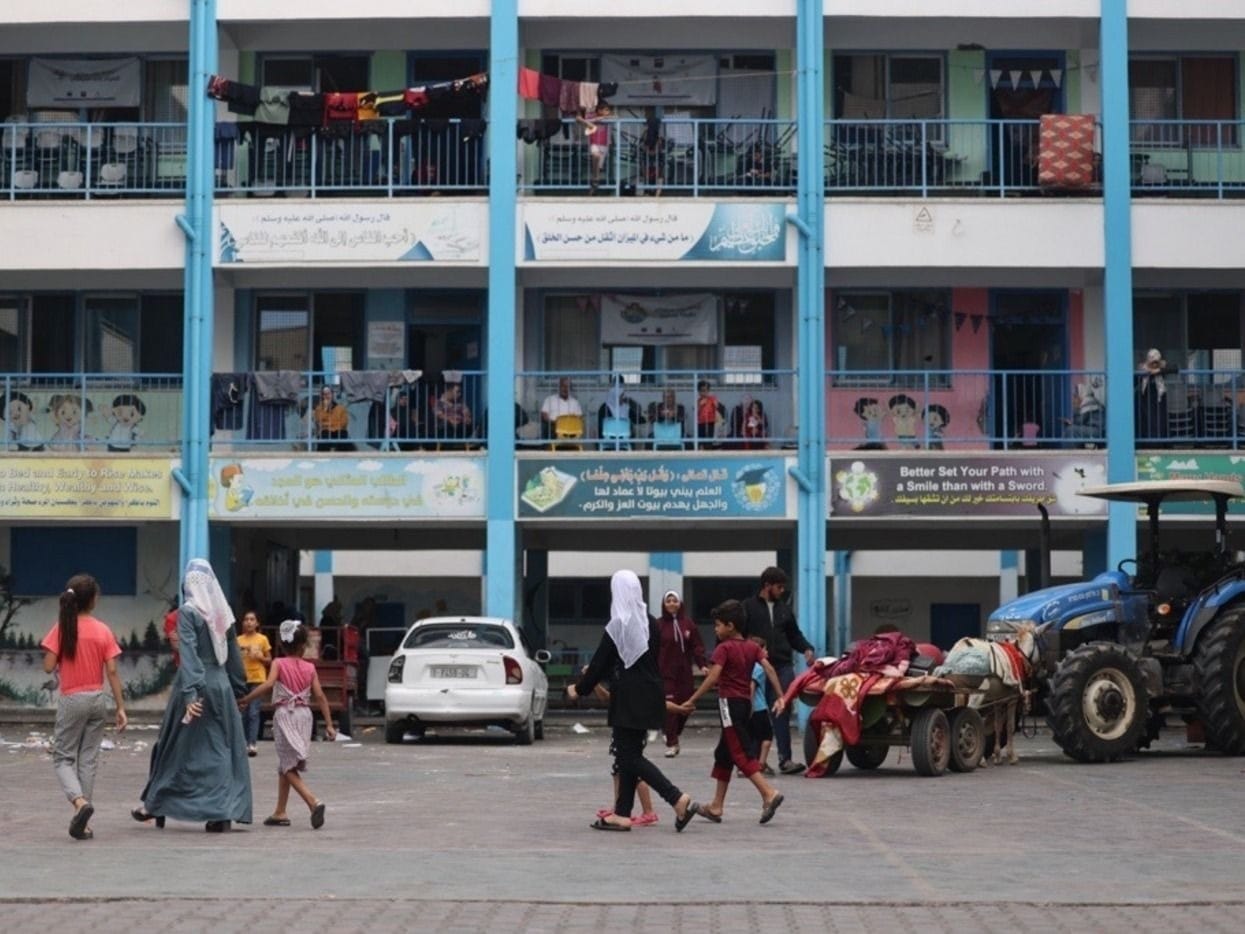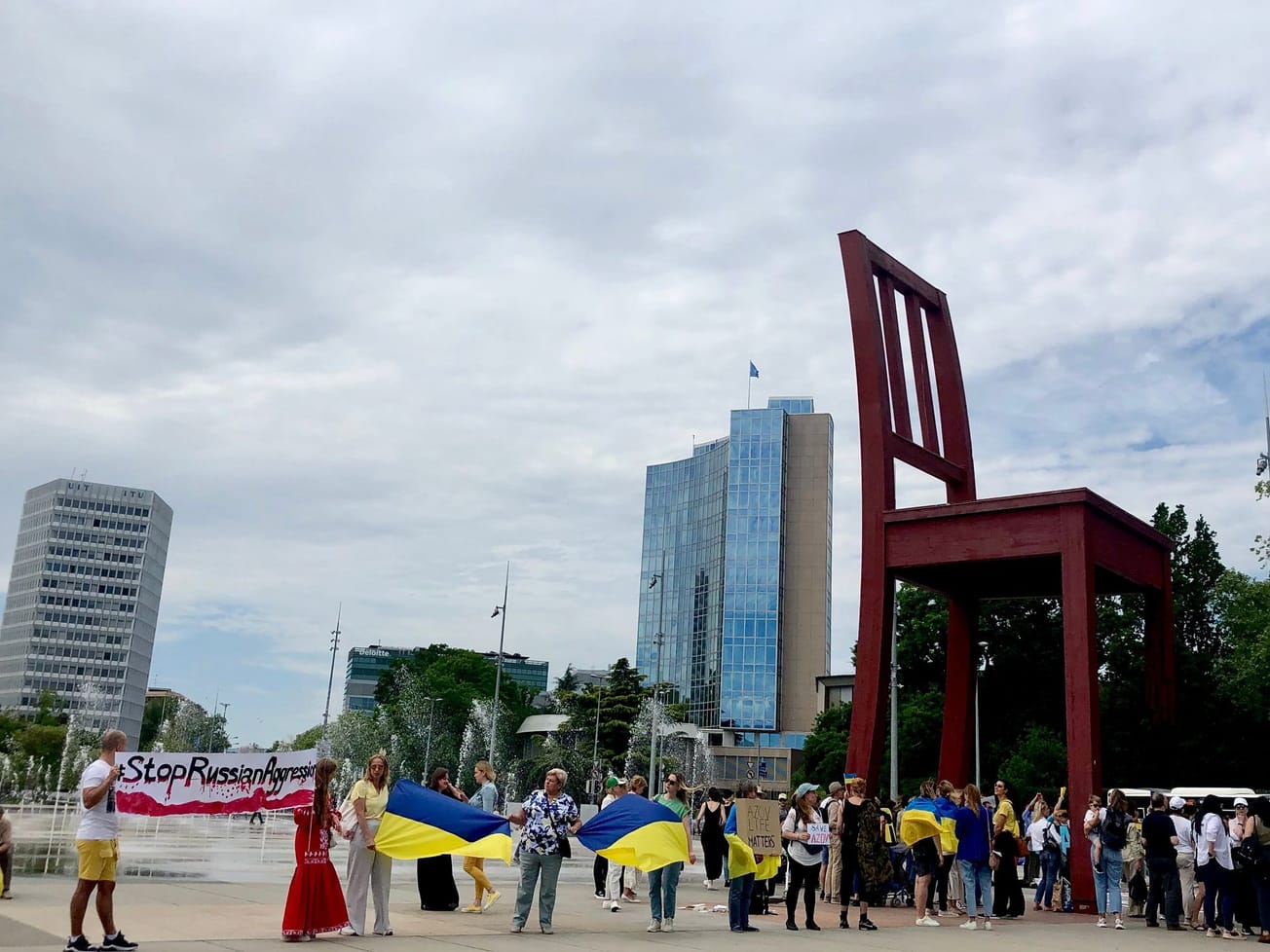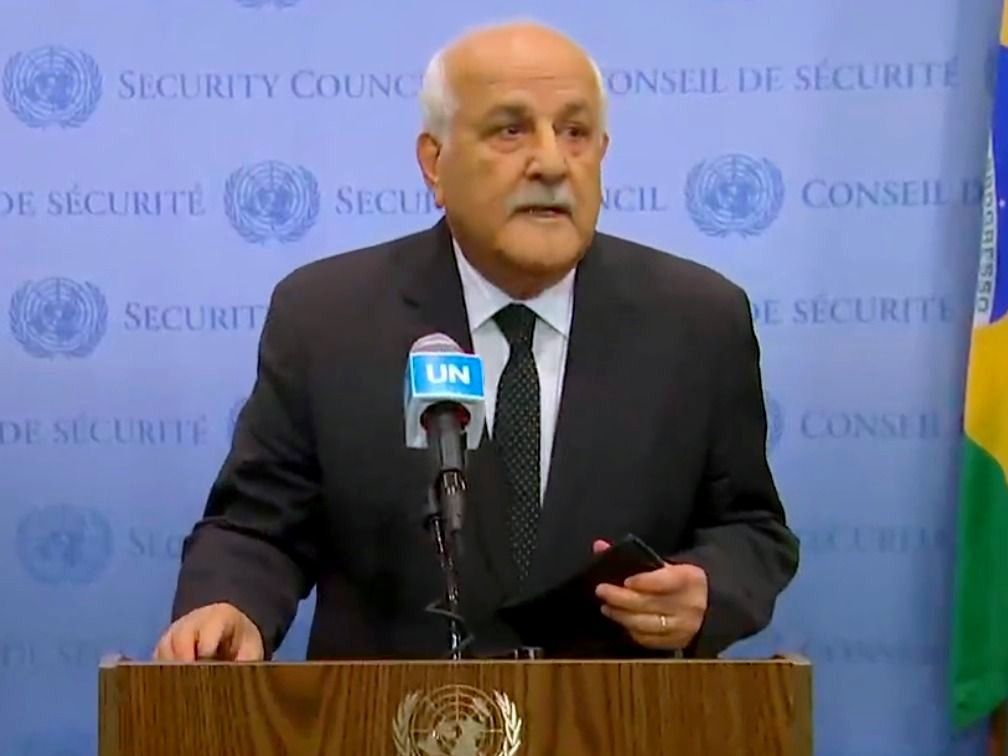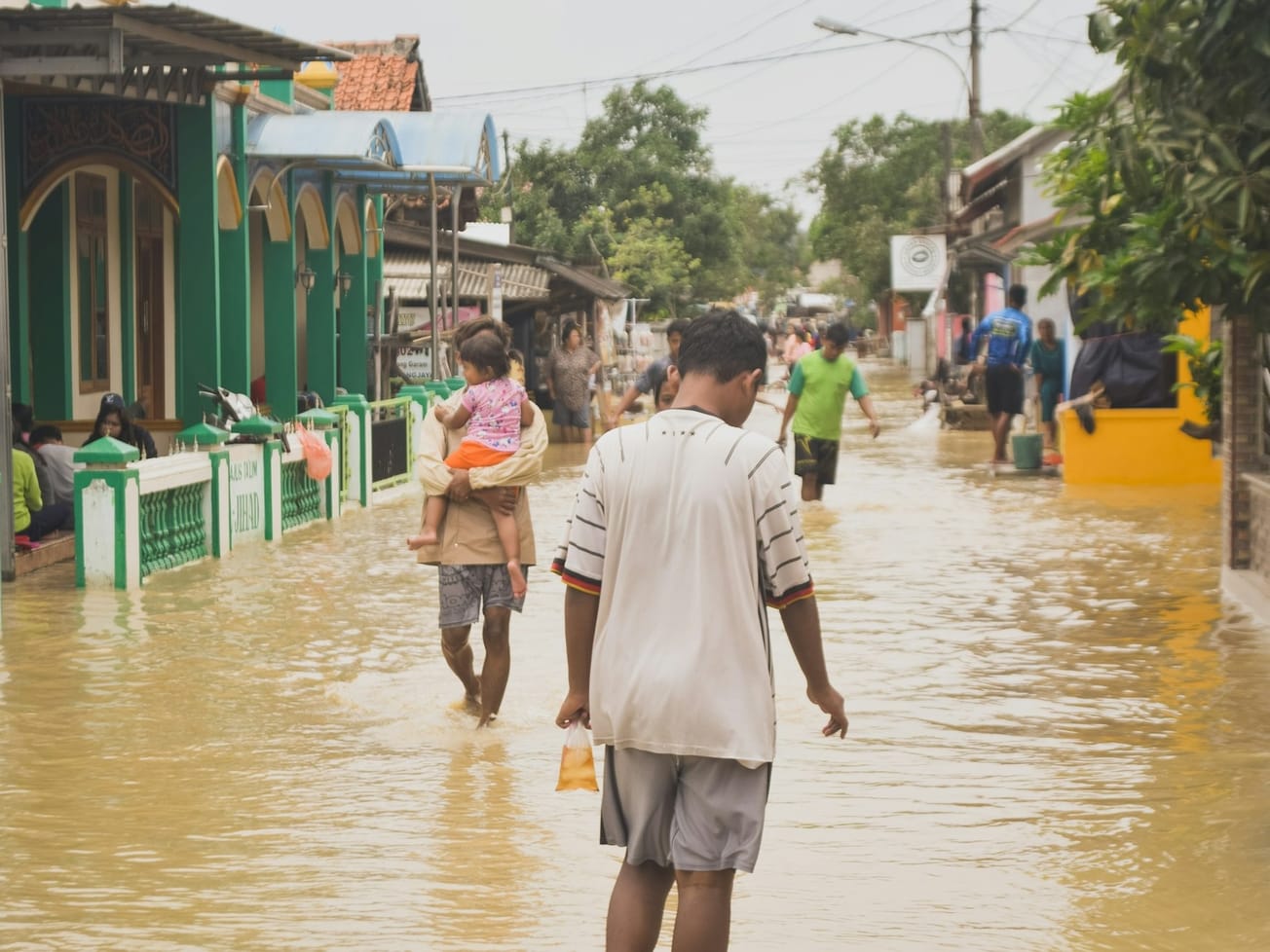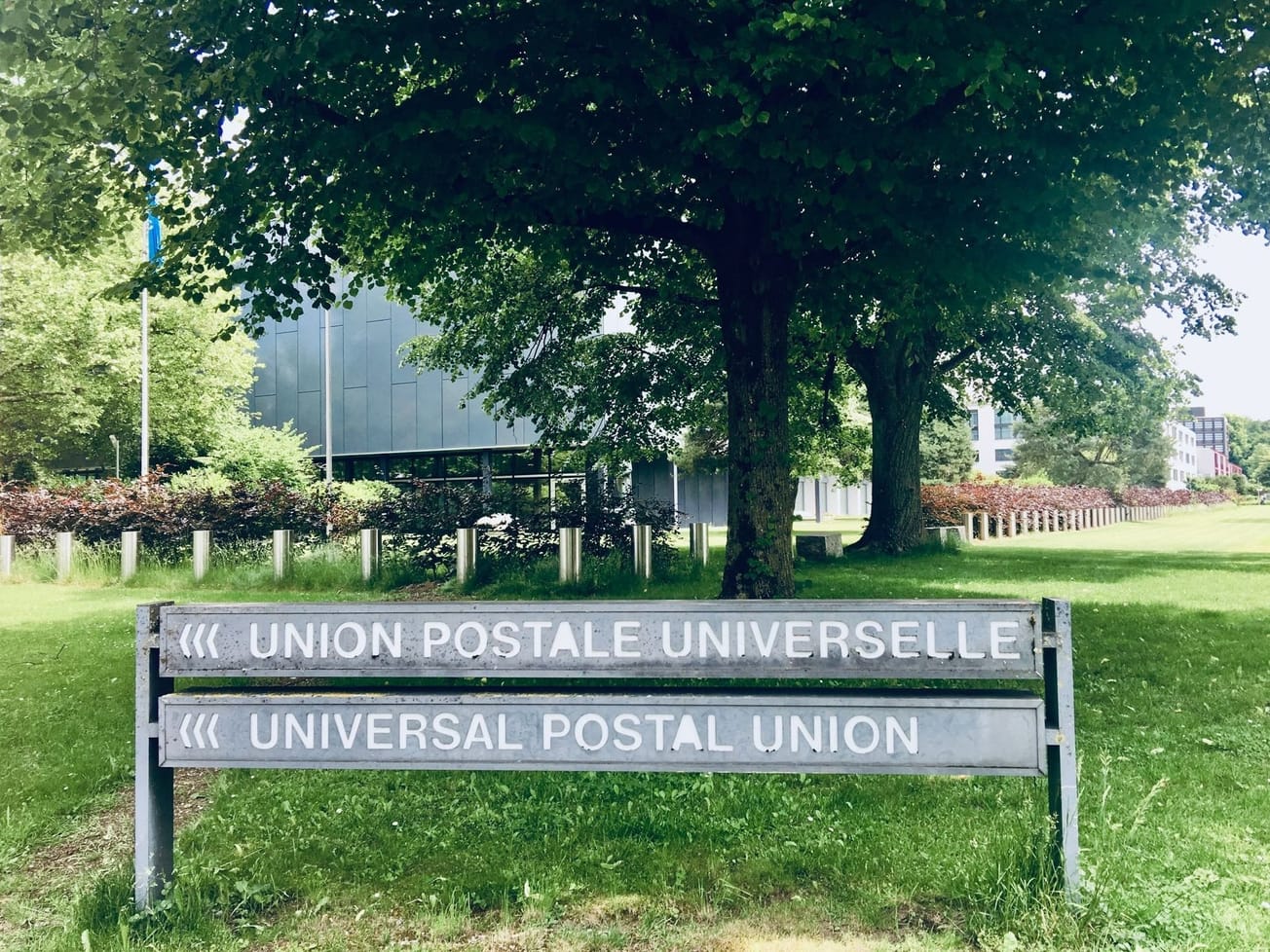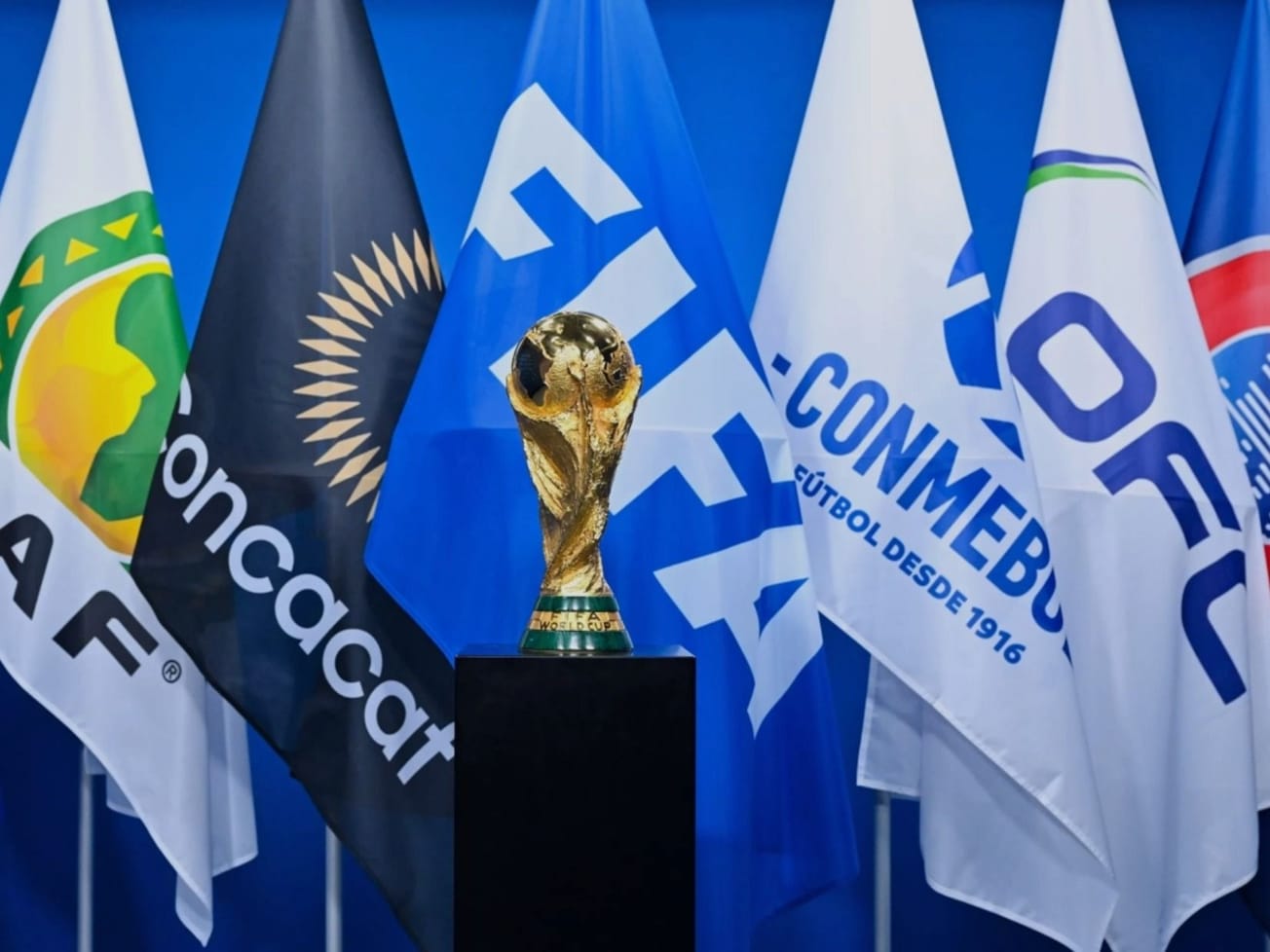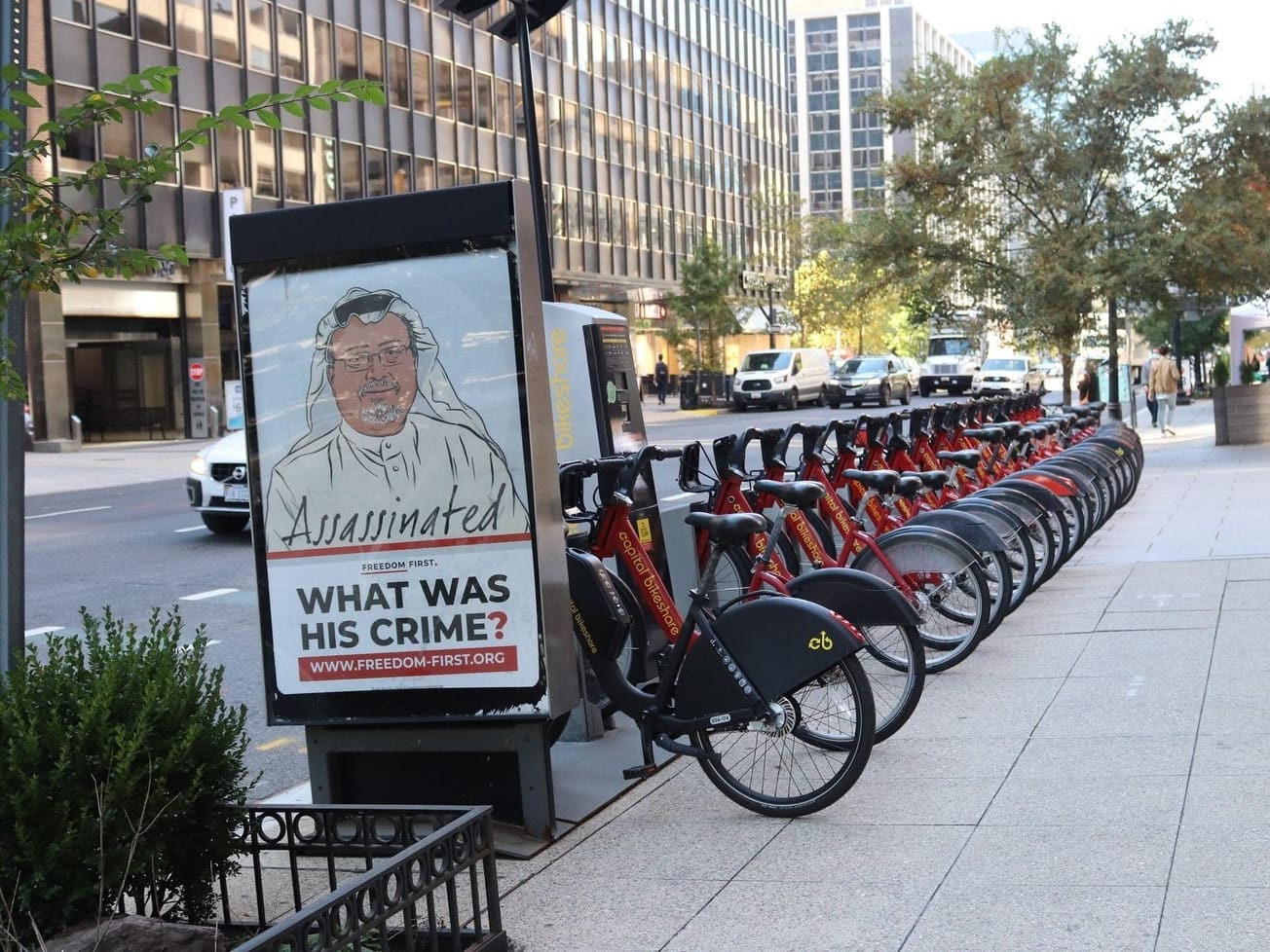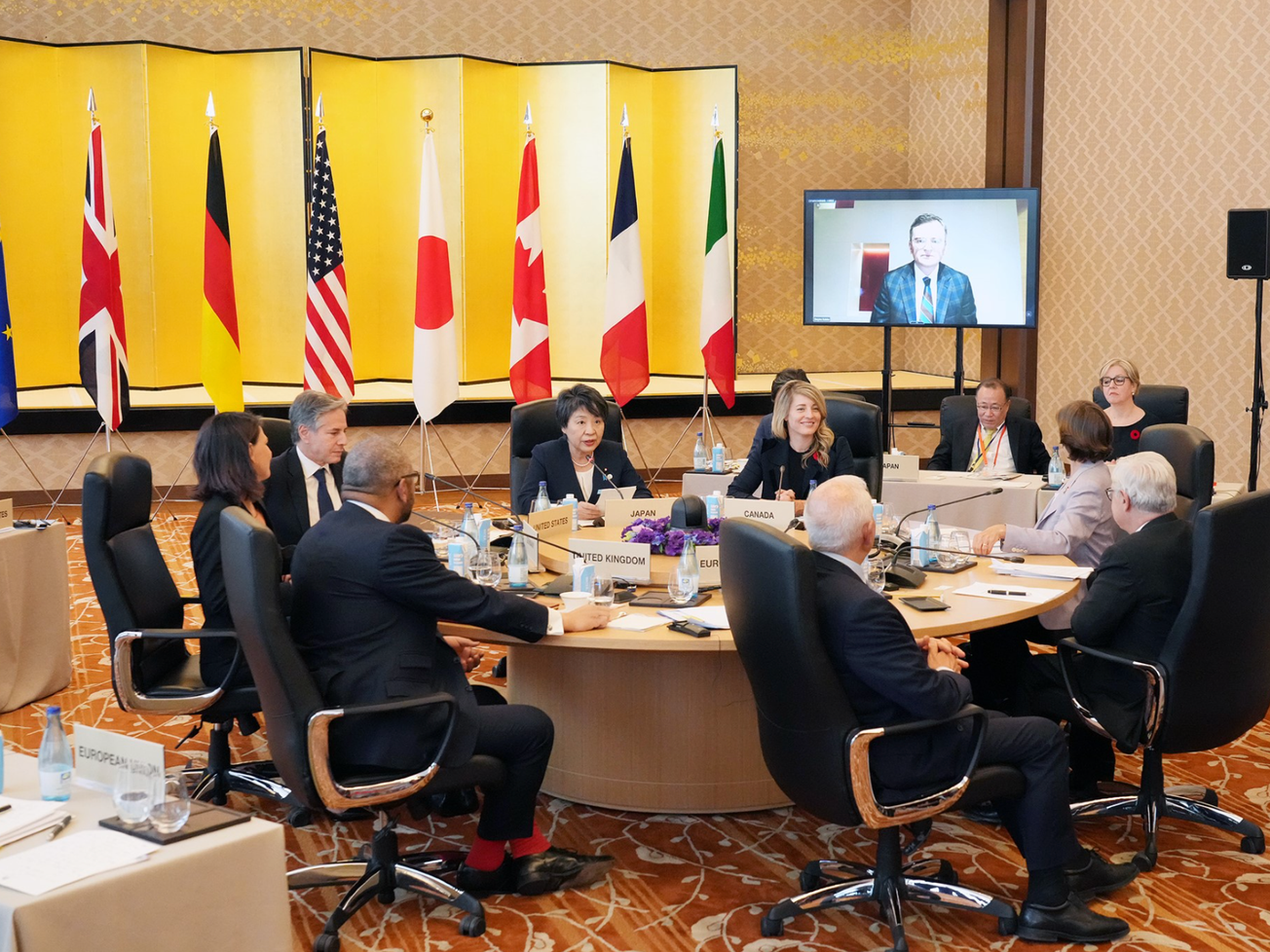
G-7 urges 'humanitarian pauses' in Gaza to let in desperately needed aid
Medical facilities are running out of supplies and fuel, which Israel hasn't allowed into Gaza for a month now.
Already have an account? Log in
Medical facilities are running out of supplies and fuel, which Israel hasn't allowed into Gaza for a month now.
Hundreds of people were allowed to enter Egypt from Gaza, which one U.N. official called a 'graveyard' for children.
A first-of-its-kind provision cites an 'urgent need' for nations to address concerns about autonomous weapons systems.
The Global Preparedness Monitoring Board urged more trust-building to boost monitoring, accountability and financing.
Humanitarian agencies were forced to scale back as fuel and other items were depleted and diplomats were at an impasse.
While Israel pounded Gaza with increasingly intensifying airstrikes in response to Hamas' surprise attacks, the U.N. chief emphasized the rules of war must be obeyed.
Despite some humanitarian aid trickling into Gaza through Egypt's Rafah crossing, needs are soaring as tensions flare.
The U.S. blocked a U.N. Security Council resolution on the Israel-Hamas war, while Russia pushed resolutions that do not mention Hamas or Israel's right to self-defense.
Officials say civilians' basic needs and protections must be upheld in accord with international humanitarian law.
The vote undermined Moscow's claim it still has support from a silent majority of the United Nations' 193 member nations.
The U.S. and China said they favored a statement on Gaza, but it failed for lack of consensus approval. The U.N. chief condemned the attacks and appealed for the fighting to end.
UNICEF forecasts nearly 96 million children displaced by river flooding, 10.3 million by cyclonic winds, and 7.2 million by storm surges over three decades.
The talks centered on climate, financial services and more cooperation among governments and private partners.
Football's governing body will mark the 100th anniversary of the World Cup in Uruguay, where the first was held in 1930.
The Platform to Protect Whistleblowers in Africa said the health leader was "targeted by an Ethiopian government investigation that appears to have been politically motivated."
'The path to justice for his killing remains fully blocked,' said Amnesty International’s Secretary General Agnès Callamard.
